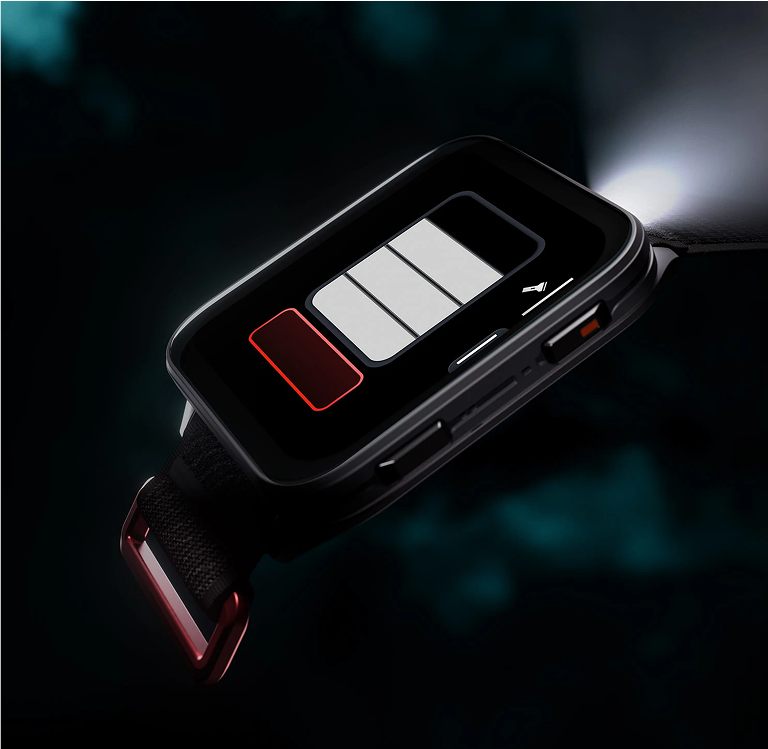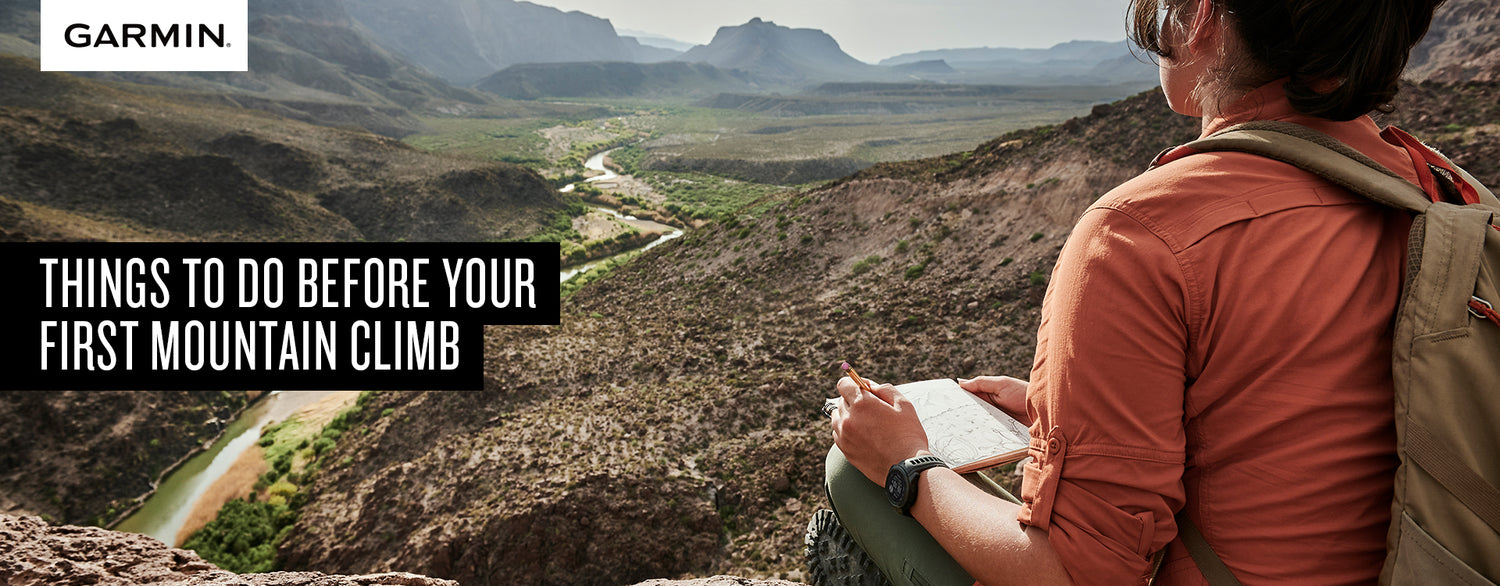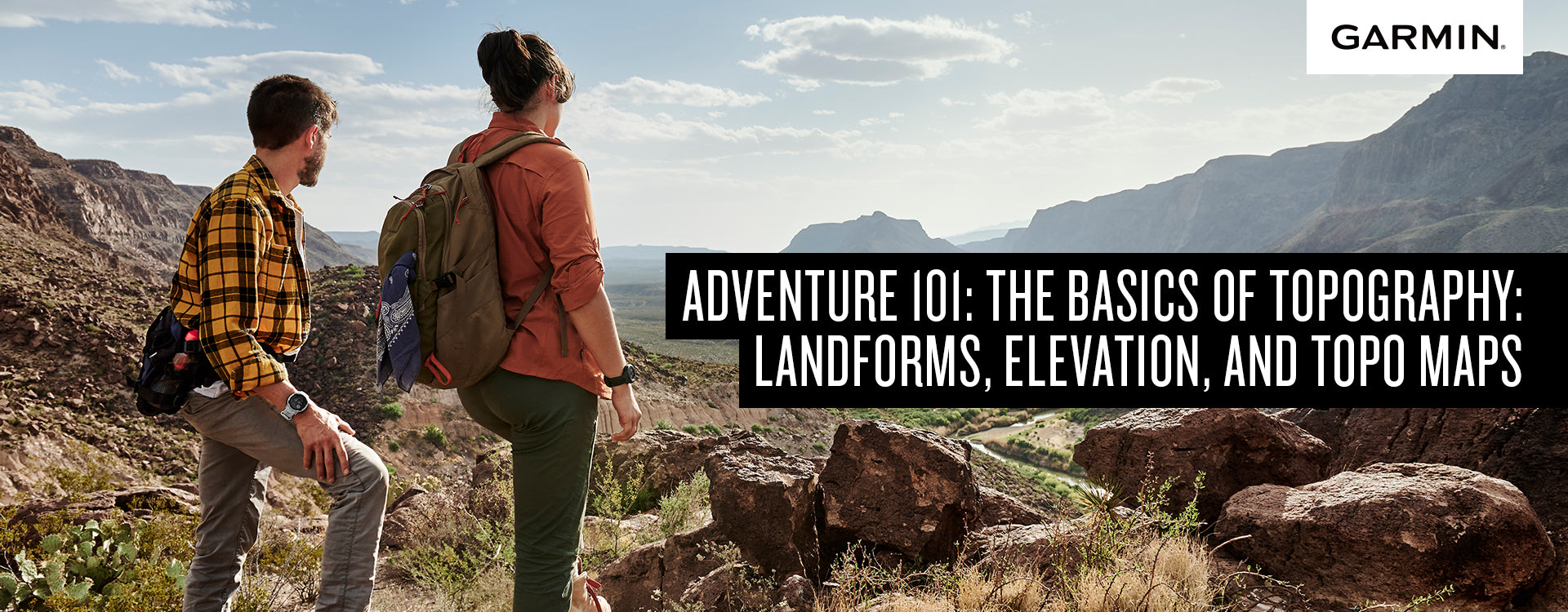Climbing a mountain is an activity that takes you on an exciting trip through the realms of space and time and into a world of magnificent views. You feel like you stand on the tip of the world and look at everything else as mere ants. But what does it take to make it to the top of a mountain? And do you have what it takes to make it?
To reach the top of a mountain, you have to have grit and determination and a good head for heights. You need to start off with some solid planning before setting off. There are plenty of places of course to serve as your starting point, and selecting it can be difficult. So explore all your options before you begin and set yourself up for success at all times so that reaching the summit is not only possible but comfortable and enjoyable.
Now you’re probably curious about what and how you should prepare for this activity. For example, do I need to train for this? What equipment do I need? This article will give you the answers to these questions plus some helpful tips on what to do before your first mountain climb.
Get fit for the climb
To mark your first step into the world of mountain climbing, getting fit has to be the most important thing to prepare yourself for what lies ahead. This is vital to your success, as getting fit and doing workout sessions that focus on building stamina, strength, endurance, and flexibility prepare you for the strenuous activity that mountain climbing involves. This is how you can condition your body and build your stamina for the uphill climb. You wouldn’t want to shock your body with the exertion it’s going to go through.
So better get up, do some daily jogging or some cardio exercise, or better yet, hit the gym and start conditioning your body for this exhilarating challenge.
Improve your navigation skills
The more navigation experience you have, the better. Practice at home by plotting a course between two points on any map. Plan real routes you can go out and do and you can navigate your way through. Use all the tools necessary—GPS, compass, etc. And when you’re confident, get lost and try to navigate back.
Predicting your pace is also crucial for planning as it helps you avoid overdoing days and exhausting yourself. Make sure you estimate well. This is also an important stage in planning for your first mountain climb because it helps you understand how far or how hard your body can go. Although it is good that you try to push past your limit, learning and understanding what the body needs is important in order to avoid over-exhaustion. Take it one day at a time.
Measure a distance on a path near your house and pace it out and include pace hill walks too so you know how it changes when it gets steeper, higher, and you get more tired.
Pack essentials and get the right gear
Even if it doesn’t rain, you never know if you’re going to run into a puddle or stream that you have to cross, or worse, might slip into. Don’t just protect yourself, protect your things too by using waterproof materials.
You also can’t afford to become dehydrated while on a climb. Dehydration can give you fatigue, headache, and even confusion. It’ll be hard to find a source of fresh and clean water too, so bring your own water and make sure you drink up when you need to. Also, remember that physical exercise’s main fuel is carbohydrates. You’re going to burn a lot of carbs and fats on your hike, and you can’t lose too much because you’ll run out of energy before the whole thing is even over. Focus on keeping your body supplied with enough carbs to optimize your performance. Pack some nuts, candies, bread, etc.
Lastly, getting the right gear can also go a long way. Be sure that you are well prepared for what’s to come because although you might have planned your route and how fast you’re going to go, life will always be filled with uncertainties and you never know what is going to happen. Better ensure your safety at all times and prioritize it at all costs.
That is why when times get tough and you end up getting lost in your mountain climb, you can only rely on yourself and your instinct. This instinct is a very powerful force that helps you find your way back and survive the wilderness no matter how inexperienced you are and how treacherous the place is.
Garmin, as one of the leading brands in GPS smartwatch technologies made for every adventure, designed the Instinct 2s solar smartwatch. Living up to its key tagline “Trust your Instinct, rely on yourself,” it is up to you and the Instinct 2s to survive and make your way through these uncertain times.

Equipped with an endless battery life via its solar power technology along with multi-satellite positioning and tested for toughness against the US military standard, this watch can keep up with any adventure. Also designed with a rugged look, this watch will turn heads and make every second count for you to get the best out of your activities.
So strap on the Instinct 2s solar smartwatch, plan your next mountain hiking adventure, and together let’s reach greater heights and altitudes! Make it happen today!










Leave a comment
All comments are moderated before being published.
This site is protected by hCaptcha and the hCaptcha Privacy Policy and Terms of Service apply.